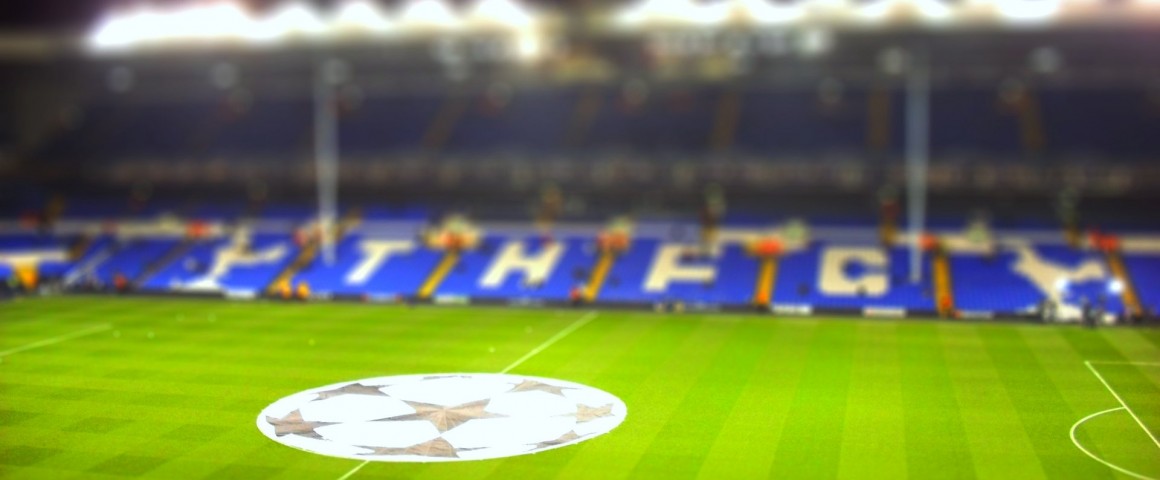
Today the offshore game will be reporting from the judicial review into the compulsory purchase of land for the redevelopment of Tottenham’s stadium. Tax justice lies at the heart of this case and this is why we are interested.
Tottenham’s offshore owners
Tottenham are big players in the offshore game. The club is owned by ENIC International, a private company located in the Bahamas, where their tax exile owner Joe Lewis lives.
Joe made his money currency trading and was notably one of the men who bet against the pound on Black Wednesday, forcing it out of the European Exchange Rate Mechanism.
Joe is reportedly worth $4.8bn, if you believe such statistics, and has a collection of art rumoured to be worth over $1bn.
Public sector support for stadium
However, it seems that Tottenham need some financial help from the public in order to complete their stadium plans.
The club believe the current White Hart Lane is not fit for a club seeking to compete with the top clubs in Europe. As explained by one football consultant, every match day the club falls £1m behind rivals Arsenal.
They have plans for a wholesale redevelopment of the site and indeed other peoples’ land too. The proposed redevelopment will include new luxury housing and a supermarket and will demolish part of a housing estate to create a new walkway to the stadium.
The plans also require the compulsory purchase of land to go forward.
Public obligations
Such a large scale redesign of an area puts a heavy burden on the developer. Planning policy says they should provide affordable housing with their new development, as well as a contribution to the local infrastructure they require to move the scheme forward.
But Tottenham claimed they couldn’t pay for it. They told their local council that unless they were allowed to build no affordable housing, and the public pay for the local infrastructure around the stadium, they would go and play somewhere else. They started contemplating a move to the Olympic Stadium in Stratford.
Haringey, one of the poorest local authorities in the country, gave into their demands, allowed them out of their obligations and agreed to pick up the tab for the infrastructure. In total they removed £16m in planning obligations, and the council and the Mayor of London have agreed to build £41m of infrastructure in the local area (although some of this was necessary even without the stadium).
Public inquiry
A public inquiry was held on the plans, as one of the businesses that would be forced out, Archway Sheet Metals, objected to a compulsory purchase order. Amongst other things they claimed that the support provided to Tottenham constituted illegal state aid.
The planning inspector took the public subsidy for the regeneration into account and recommended that the compulsory purchase be refused. He said:
“The principle benefit would be for a private business while the public benefits of regeneration would be at considerable cost to the taxpayer, and there would be no affordable housing. The s106 concessions were made by the council in the context of the claim that the stadium would not be viable and the club might move away.”
During the public inquiry process Tottenham claimed that the economics of the scheme had now changed and they could afford their obligations, but didn’t offer to now provide them. The Secretary of State wrote to Tottenham to ask them to do so but they replied with a commitment that was “unacceptably vague” and “unenforceable”.
The Secretary of State approved the scheme anyway, and Archway Sheet Metals have launched a judicial review of the decision. During the process leading up to today’s hearing, it emerged that the club had already been in discussions with the council for a new, even larger stadium when the inquiry into compulsory purchase was taking place.
